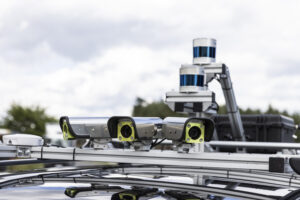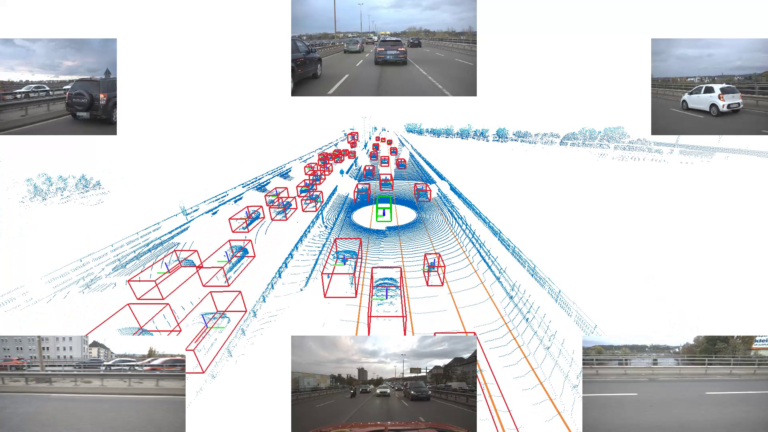German technology manufacturing company ZF Group has introduced ZF Annotate, an AI-driven, cloud-based system designed to enhance the development and quality assurance of advanced driver assistance systems (ADAS) and automated driving (AD) solutions.
The system is an AI-supported validation solution for testing and training modern ADAS/AD systems from Level 2+ to Level 5.
Announced at the ZF Global Technology Day on June 27 in Jeversen, Hanover, the service promises to be faster and more cost-effective than traditional methods, the company said.
ZF Annotate is designed to provide precise and reliable data that can be used for the development of ADAS in vehicles. These systems use cameras, radar, lidar and ultrasonic sensors to create a 3D image of the vehicle’s environment, recognizing various objects in real time. The sensor data must be accurately processed to ensure the vehicle receives the “ground truth”, which is essential for implementing safe driving functions.
ZF ‘s system is designed to enhance this process by comparing collected sensor information with a high-precision reference sensor set that provides a 360° view of the vehicle’s surroundings.

“ZF Annotate combines the advantages of a robust and independent reference sensor set with a scalable cloud service that uses intelligent 2D and 3D tracking algorithms,” said Dr Holger Klein, chairman of the board of management at ZF.
“Thanks to AI, we can speed up the validation process by up to 10 times and thus reduce an annotation from 12 to two months. This saves our customers time and money.”
The service uses both the customer’s vehicle data and additional ZF sensor data recordings to provide an accurate “ground truth”, operating independently from the sensors being tested, comparing data in real time during vehicle operation. The recorded data is then uploaded to the cloud, where AI marks, classifies and tracks relevant objects.
The company says the system has the ability to process data at 80% lower cost compared to manual methods. Traditionally, the validation of ADAS and AD systems involved extensive manual annotation, which was time-consuming and costly.

“With ZF Annotate, we are able to generate a ‘ground truth’ in the shortest possible time,” said Klaus Hofmockel, head of R&D in the driver assistance systems and electronics division at ZF. “With the ability to work 24 hours a day, seven days a week, our cloud-based service completes the validation of reference data in a remarkably short time compared to the market, without any loss of quality.”
Depending on customer needs, reference sensors can also be used on the test vehicle itself or in “Pursuit” mode, where a separate reference data vehicle is employed. ZF says this flexibility allows Annotate to be independent of specific sensor manufacturers and to be integrated into ongoing development projects without major modifications to the test vehicles.
“Reliability and efficiency are significant when it comes to validating reference data in the development of increasingly popular advanced driver assistance systems,” said Klein. “ZF Annotate offers both in a scalable system. With our solution, ZF is delivering another building block on the road to the software-defined vehicle.”


